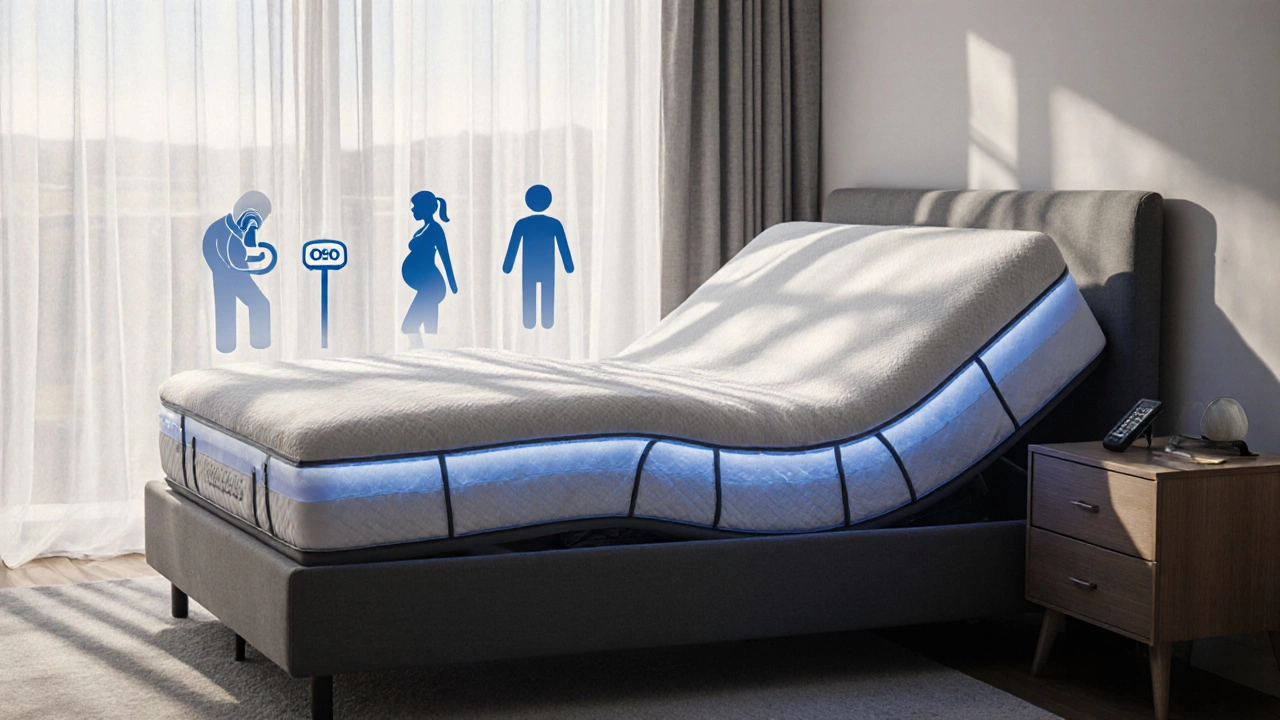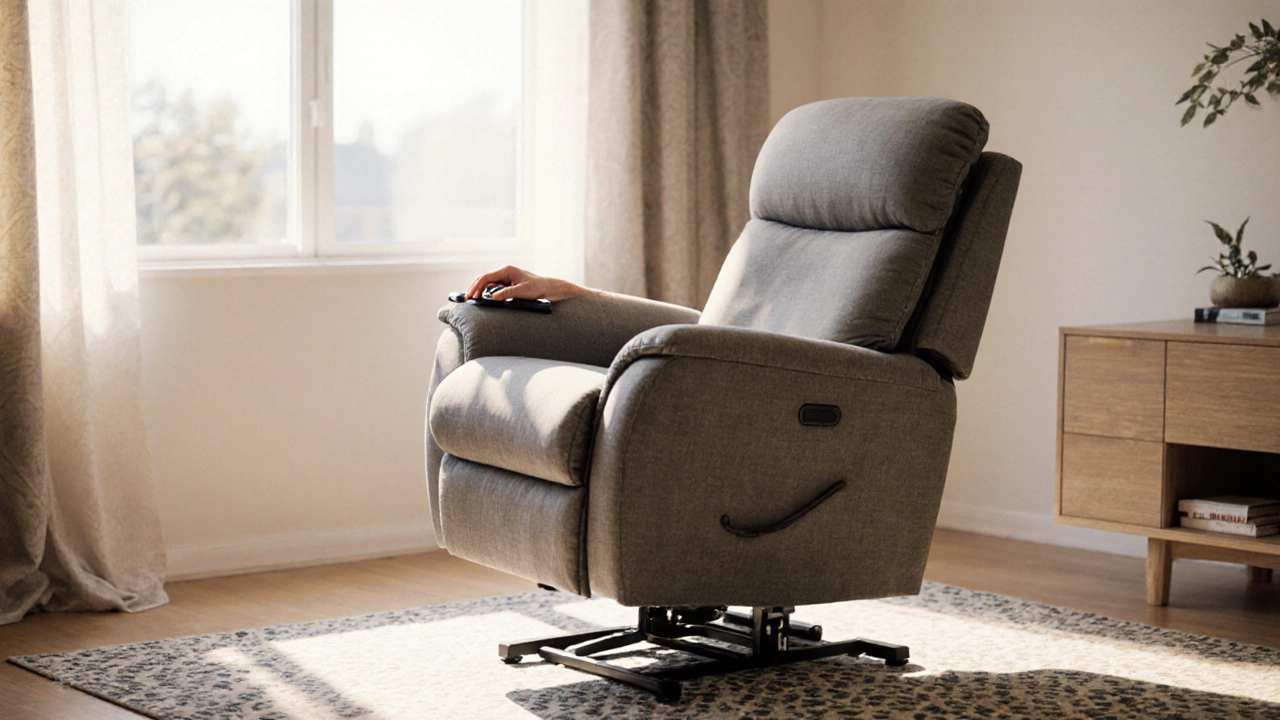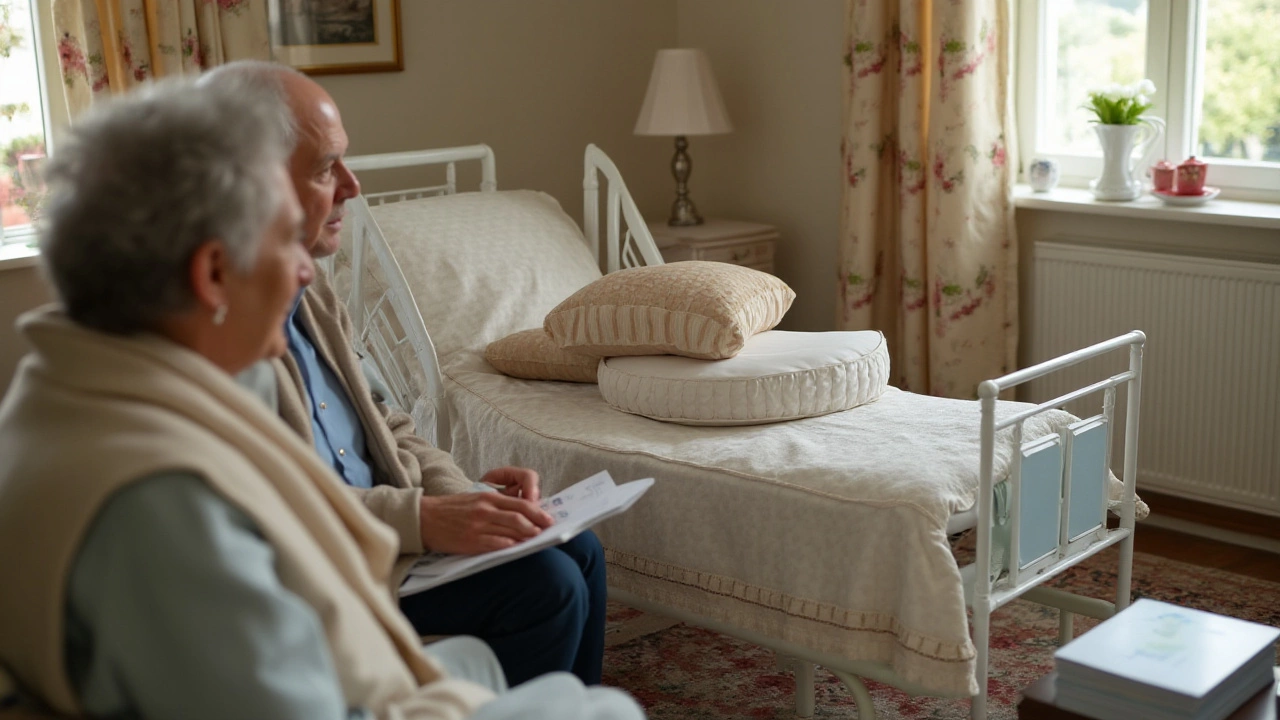Wellness and Health: Medicare Coverage Guides You Can Use Today
Did you know Medicare can pay for a hospital‑grade bed or a special cushion if you meet the right criteria? Most people think the program only covers doctors and medicines, but it also helps with essential equipment and home care when it’s medically necessary. Understanding the rules saves you time, frustration, and money.
We’ve pulled together three easy‑to‑follow articles that break down the process step by step. Whether you’re looking for a new bed after surgery, a pressure‑relief cushion for a loved one, or help caring for someone with dementia at home, the basics are the same: prove medical need, get the right paperwork, and follow Medicare’s filing timeline.
How to Get Medicare to Pay for Beds and Cushions
First, talk to your doctor or specialist. They must write a clear order that says the bed or cushion is needed to treat a specific condition, such as limited mobility, pressure ulcers, or chronic respiratory issues. Next, the equipment provider will submit a claim using a HCPCS code that matches the item. Make sure the code is listed as “covered” under Medicare Part B.
Common pitfalls include missing documentation and choosing an item that’s not listed as medically necessary. If your doctor’s note is vague, the claim will be denied. Keep a copy of all orders, physician notes, and the supplier’s invoice. When a denial happens, you have 60 days to request a reconsideration – don’t ignore it.
Our article “Navigating Medicare: Getting Coverage for a New Bed” walks you through the exact forms to fill out and the signs that Medicare will look for. Likewise, “Medicare Coverage for Beds and Cushions: What You Need to Know” lists the most common covered models, so you can pick an option that fits both your health needs and budget.
Home Care Help for Dementia Patients
Medicare’s home health benefit can cover skilled nursing, physical therapy, and occupational therapy for a person with dementia, but only if a doctor certifies that skilled care is required. The key is the “intermittent” rule – services must be needed less than seven days a week or less than eight hours a day.
To start, schedule a comprehensive assessment with your doctor. They’ll evaluate the patient’s ability to perform daily tasks and determine if skilled care is justified. Once approved, a Medicare‑certified home health agency will create a care plan that outlines the frequency of visits and specific goals.
Don’t forget to explore state Medicaid programs or local agencies that often fill the gaps Medicare leaves open, such as 24‑hour supervision or non‑skilled personal care. Our piece “Does Medicare Provide Home Care for Dementia Patients?” explains how to combine Medicare and other support services so families aren’t left scrambling for help.
Bottom line: the process isn’t magic, but it’s doable. Keep records tidy, ask your doctor for detailed orders, and follow up on any claim notices right away. The three guides on this page give you the exact steps, checklists, and real‑world examples you need to move forward with confidence.
Ready to take the next step? Grab the article that matches your situation, fill out the forms, and let Medicare work for you. You deserve the equipment and care that keep you or your loved one comfortable at home.
Who Should Avoid an Adjustable Bed? Risks & Unsuitable Users
Learn who should avoid using an adjustable bed, from severe sleep apnea to weight limits, and discover safer alternatives and a quick suitability checklist.
Can a Doctor Write a Prescription for a Lift Chair? Your Complete Guide
Learn if a doctor can prescribe a lift chair, the medical criteria, funding options in New Zealand, and step‑by‑step instructions to get yours.
Navigating Medicare: Getting Coverage for a New Bed
Securing Medicare coverage for a new bed may seem daunting, but with the right approach, it is entirely possible. This article provides insights into how Medicare evaluates the need for new beds, tips on how to qualify for these benefits, and guidance on navigating bureaucratic processes. It aims to help individuals who rely on Medicare for their primary healthcare coverage to understand the criteria and steps needed to successfully obtain coverage for medical equipment, particularly new beds. The information is designed to be practical and easy to follow so you can make informed decisions.
Medicare Coverage for Beds and Cushions: What You Need to Know
This article explores the types of beds and cushions that Medicare will pay for, providing a guide to what is covered and how to qualify. It delves into the various categories of beds eligible under Medicare, including hospital beds and certain special cushions. Learn about the criteria for coverage approval and tips for ensuring that the bed or cushion you need is eligible for payment through Medicare. This information is vital for seniors and caregivers navigating healthcare provisions.
Does Medicare Provide Home Care for Dementia Patients?
Caring for a loved one with dementia at home can be challenging and overwhelming. Many wonder whether Medicare offers any coverage for home care services to assist dementia patients. This article explores the types of home care services covered, eligibility for coverage, and tips for navigating the system. It also discusses how Medicare intersects with other assistance programs to support individuals with dementia.




